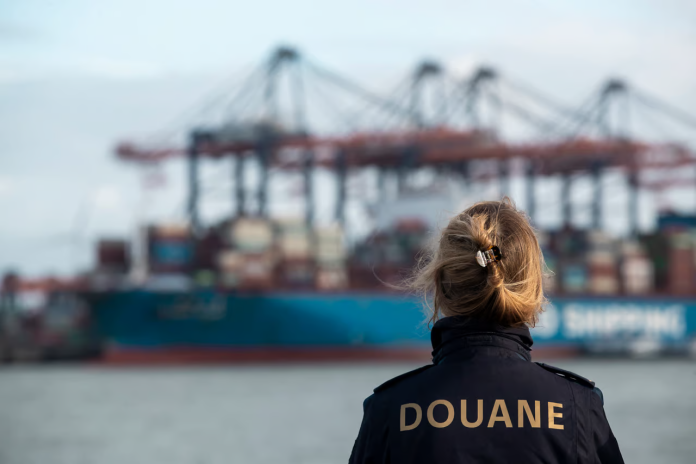The Council of the European Union chaired by Belgium is taking the next steps to fight drug cartels in all European ports, especially Antwerp, which is seen as a centre for cocaine trafficking, according to Splash 24/7.
Together with port authorities and many associations, including Europol, as well as with customs and law enforcement authorities, the EU launched the European Ports Alliance Public Private Partnership on January 24. All parties involved will unite in developing solutions to protect ports from drug trafficking and criminal infiltration. Paolo Gentiloni, EU Economic Commissioner, declared:
Europe has a drug problem – and it is getting worse. To tackle the growing inflows of cocaine and other illicit substances into the EU, we need customs, law enforcement and port authorities to work more closely and more effectively together.
Over recent years, record amounts of cocaine have been seized in the European Union: more than 300 tonnes annually. In Belgium alone, authorities confiscated a record 121 metric tonnes of cocaine at the port of Antwerp-Bruges in 2023, up 10% compared to last year.
The Port Alliance will mobilise the customs community against drug trafficking by reinforcing and centralising control at ports and by intensifying efforts to pursue criminal organisations involved in drug trafficking. The Alliance will be aided by Europol, Eurojust and the European Public Prosecutor’s Office, which will focus its activities within the European Multidisciplinary Platform Against Criminal Threats. Ylva Johansson, EU Commissioner for Home Affairs, noted:
Organised crime is adept at moving from one port to another, as opportunities rise and fall. To challenge this network, we must build a network. The violent consequences of drug trafficking are as big as the threat of terrorism.
The parties plan to establish annual ministerial meetings to identify remaining challenges, set strategic priorities and share results in tackling drug trafficking.
Almost 90 per cent of all cocaine, 45 per cent of all cannabis and 30 per cent of all amphetamine-type stimulants are transported by sea, the International Chamber of Shipping reported.
